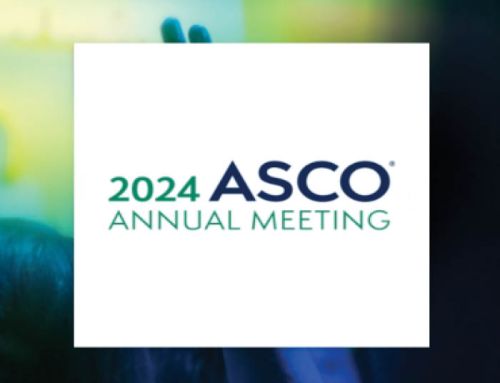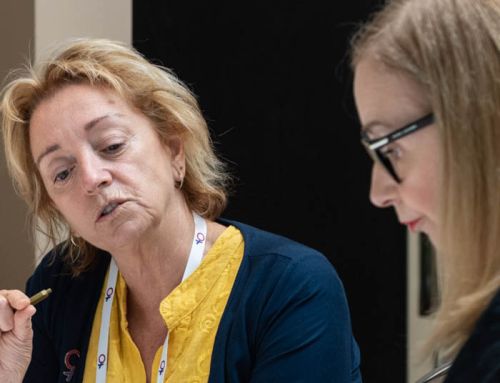Patient involvement in research within the Gynecologic Cancer InterGroup: A call to action for a systematic approach: Results from a survey
Patient involvement in clinical research development has gradually expanded over the last two decades, creating a more patient‐centred research landscape.
This publication, led by a small group of gynaecological oncology professionals from within the Gynecologic Cancer InterGroup (GCIG), assesses the current level of patient involvement in research development across 26 countries, and is a step towards a systematic strategic planning process to enable further patient involvement in future research.
Background
This survey explores the scope of patient involvement within the Gynecologic Cancer InterGroup (GCIG), an International Gynecologic Cancer Research Consortium, and identified challenges in developing a systematic, meaningful and sustainable level of patient involvement.
ANZGOG’s John Andrews, who is the incoming Chair of GCIG’s Harmonisation Operations Committee, is a co-author of the publication.
“Our publication illustrates the current levels of patient involvement in the development of research across GCIG groups. We were able to offer a set of recommendations to encourage patient inclusion in the research development pathway whilst simultaneously highlighting the benefits in doing so. The group is hopeful this will become a formalised process that is embedded within the future GCIG clinical trial portfolio.”
John Andrews, Co-author of the Publication
Manager – Research Programs and Pipeline | ANZGOG
In late 2019, the GCIG Harmonisation Operations Committee conducted an online survey across 26 national and/or international research cooperative groups, aiming to identify current patient involvement practices implemented by each group. Twelve questions were asked and the results have been analysed to support a systematic strategic planning process to increase patient involvement in clinical research projects.
Key Findings
More than half of the 26 participating groups have either already involved or are planning to involve patients in their research activities. Gaining patient support in raising public awareness around clinical trials appears to be one of the most desired benefits.
Ten respondents managed to integrate patient involvement into their standard practice. When involving patients in research the groups mostly consider that patients bring added value to the study, although only eight groups have a well‐organized process in doing so.
Next Steps
Owing to the survey being used as a baseline assessment, a follow‐up survey is needed to evaluate whether uptake by individual groups is gaining momentum and to determine if and why the process of patient involvement is improving. It is necessary to identify how the challenges of implementation can be addressed, and also to evaluate the patient’s perspectives on their involvement within clinical trial development.
Through this continued work the GCIG Harmonisation Operations Committee hopes to foster more patient involvement in the development of research both in ANZ and across the globe.
Patient Involvement in ANZGOG’s Research
Patients have played a critical role in ANZGOG’s research review process for several years now. ANZGOG believes that those who are affected by the research, have a say in what is researched and how that research is conducted.
This principle is what led to the establishment of the Consumer and Community Committee (CCC) in 2008, which eventually evolved into the Consumer Research Panel (CRP).
“It’s the mechanism for advice and input from gynaecological cancer survivors and their carers to ANZGOG’s Research Advisory Committee. Its role is key to two-way effective communication between consumers, medics, and researchers.”
Wanda Lawson,
ANZGOG Board Director
ANZGOG has now expanded its opportunities for people with a lived experience to contribute to the design and development of clinical trials through the Community Engagement Program.
Research Community Volunteers in the program will have the opportunity to contribute to ANZGOG’s research at relevant stages of the development process. Community volunteers will lend their voices to research discussions through sharing their personal perspectives and representing the broader views of people with lived experiences of gynaecological cancer. Opportunities range from sharing lived experiences as a patient or carer as part of a research grant working party or as part of a Trial Management Committee, through to Research Advisor roles requiring additional levels of education and expertise in research conduct and analysis.











